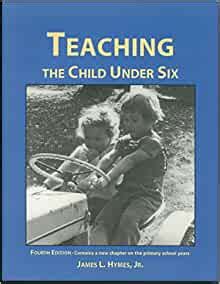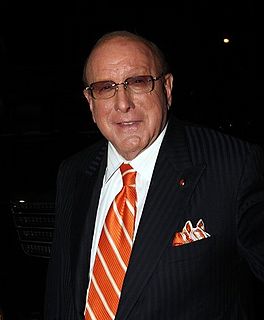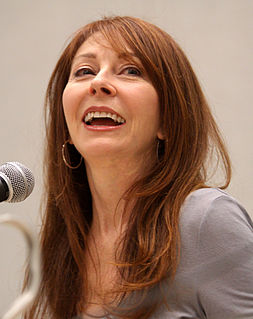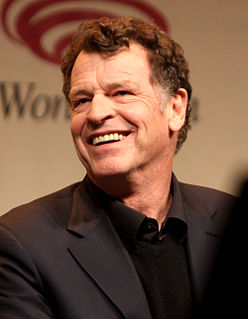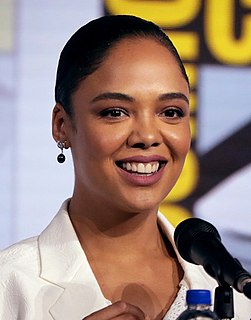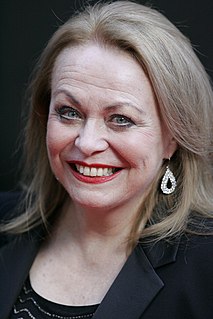A Quote by Paul Bettany
When I became a father acting sort of took the place of what I did in my free time and my children became the main focus. I play a lot and my children play. Both my sons - my daughter's still too young really - have surpassed me with their music skills, which is wildly irritating.
Related Quotes
Play for young children is not recreation activity, It is not leisure-time activity nor escape activity. Play is thinking time for young children. It is language time. Problem-solving time. It is memory time, planning time, investigating time. It is organization-of-ideas time, when the young child uses his mind and body and his social skills and all his powers in response to the stimuli he has met.
Working with children is very different than the way in which I work with adults. I never tell the children the actual truth of the thing that I want them to act. Although children are really into play and play acting, and this is a major part of their existence, they never actually find the playing or acting of adults credible.
Although adults have a role to play in teaching social skills to children, it is often best that they play it unobtrusively. In particular, adults must guard against embarrassing unskilled children by correcting them too publicly and against labeling children as shy in ways that may lead the children to see themselves in just that way.
Children became an obsessive theme in Victorian culture at the same time that they were being exploited as never before. As the horrors of life multiplied for some children, the image of childhood was increasingly exalted. Children became the last symbols of purity in a world which was seen as increasingly ugly.
The cars of the migrant people crawled out of the side roads onto the great cross-country highway, and they took the migrant way to the West.... And because they were lonely and perplexed, because they had all come from a place of sadness and worry and defeat, and because they were all going to a mysterious new place, ... a strange thing happened: the twenty families became one family, the children were the children of all. The loss of home became one loss, and the golden time in the West was one dream.
Acting became important. It became an art that belonged to the actor, not to the director or producer, or the man whose money had bought the studio. It was an art that transformed you into somebody else, that increased your life and mind. I had always loved acting and tried hard to learn it. But with Michael Chekhov, acting became more than a profession to me. It became a sort of religion.
If you have a lawyer, sometimes you can get out of trouble. I've gotten into a lot of trouble because I didn't have a lawyer. I've also had some bad lawyers, too. But the good ones, the ones I liked, they became me. They became whatever situation I was involved in. When I felt pain, so did they. When I succeeded, so did they. They became me. They became whatever the situation was that they became involved with.
It is among the ranks of school-age children, those six- to twelve-year-olds who once avidly filled their free moments with childhood play, that the greatest change is evident. In the place of traditional, sometimes ancient childhood games that were still popular a generation ago, in the place of fantasy and make- believe play . . . today's children have substituted television viewing and, most recently, video games.
This rose became a bandanna, which became a house, which became infused with all passion, which became a hideaway, which became yes I would like to have dinner, which became hands, which became lands, shores, beaches, natives on the stones, staring and wild beasts in the trees, chasing the hats of lost hunters, and all this deserves a tone.

